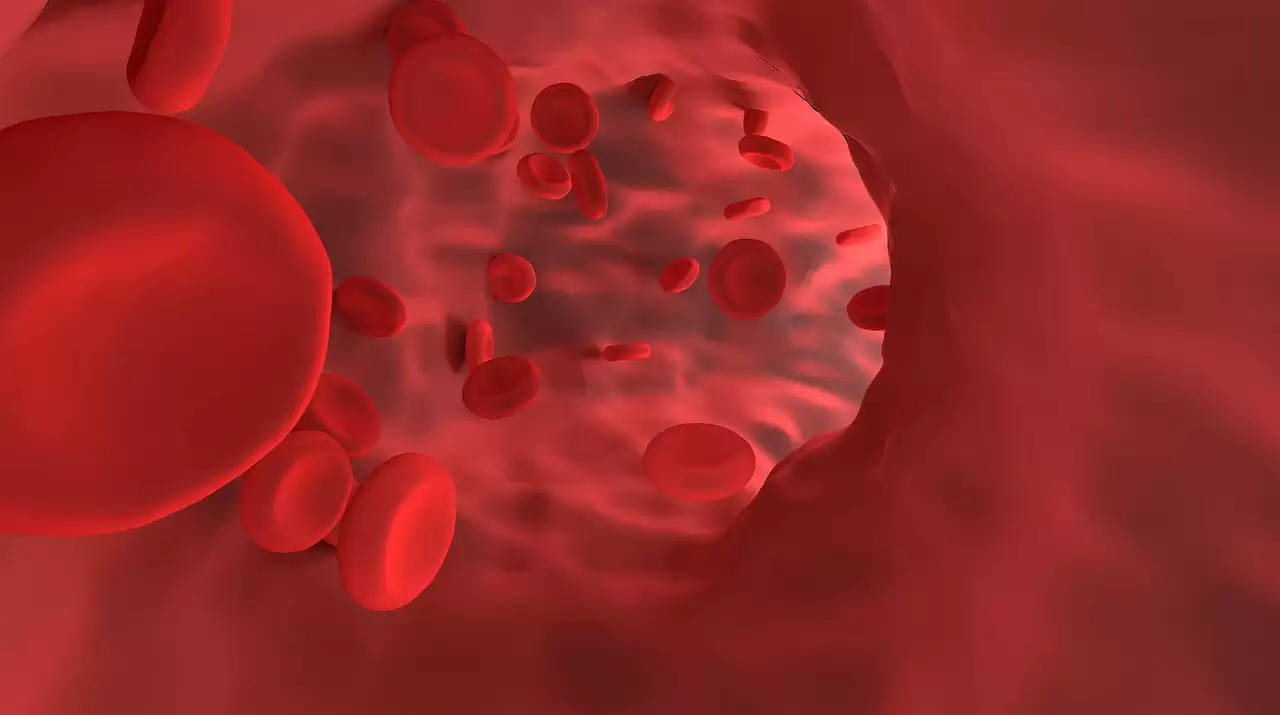Top 7 Foods That May Help Improve The Level of Hemoglobin In The Blood

Red blood cells contain the protein hemoglobin. These cells are responsible for carrying oxygen around the body.
If you have low hemoglobin levels, you may benefit from eating more iron-rich foods. In addition to stimulating hemoglobin production, iron also helps form more red blood cells.
Here are some of the symptoms of low hemoglobin levels:
- Tiredness
- Muscle weakness
- Headaches
- Shortness of breath
- An irregular heartbeat
- Pale skin
In order to treat iron deficiency, it is necessary to follow a diet rich in iron, folic acid, and vitamins C and B12.
Following are seven foods that are iron-rich and may help increase hemoglobin in the blood:
- Beetroot: Besides being high in iron, it also contains folic acid, potassium and fibre.
- Pomegranate: considered as an excellent source of calcium, iron, protein, carbohydrates, and fibre.
- Dates: They are rich in iron, which increases blood Hemoglobin levels. However, dates are also high in sugar content and if you are diabetic, your medical practitioner may ask you to avoid eating dates.
- Pumpkin Seeds: are not only rich in iron but also in calcium, magnesium, and manganese.
- Watermelon: It is rich in Iron and Vitamin C content and hence eating a watermelon regularly may help increase haemoglobin.
- Green Leafy vegetables: Iron is found in green vegetables such as spinach, mustard greens, celery, and broccoli.
- Apples: Apples are great for improving haemoglobin and reducing risk of anaemia thanks to their vitamin C and iron content
Tea, coffee, cocoa, soy products, and bran, which contain polyphenols, tannins, phytates, and oxalic acid, inhibit iron absorption. If you have low hemoglobin levels, you should limit your intake of these foods.
Medical Disclaimer: The information and reference materials contained here are intended solely for the general information of the reader. Patients and consumers should review the information carefully with their professional health care provider. The information is not intended to replace medical advice offered by physicians. You should consult your physician before beginning a new diet, nutritional or fitness program.
.jpg)
